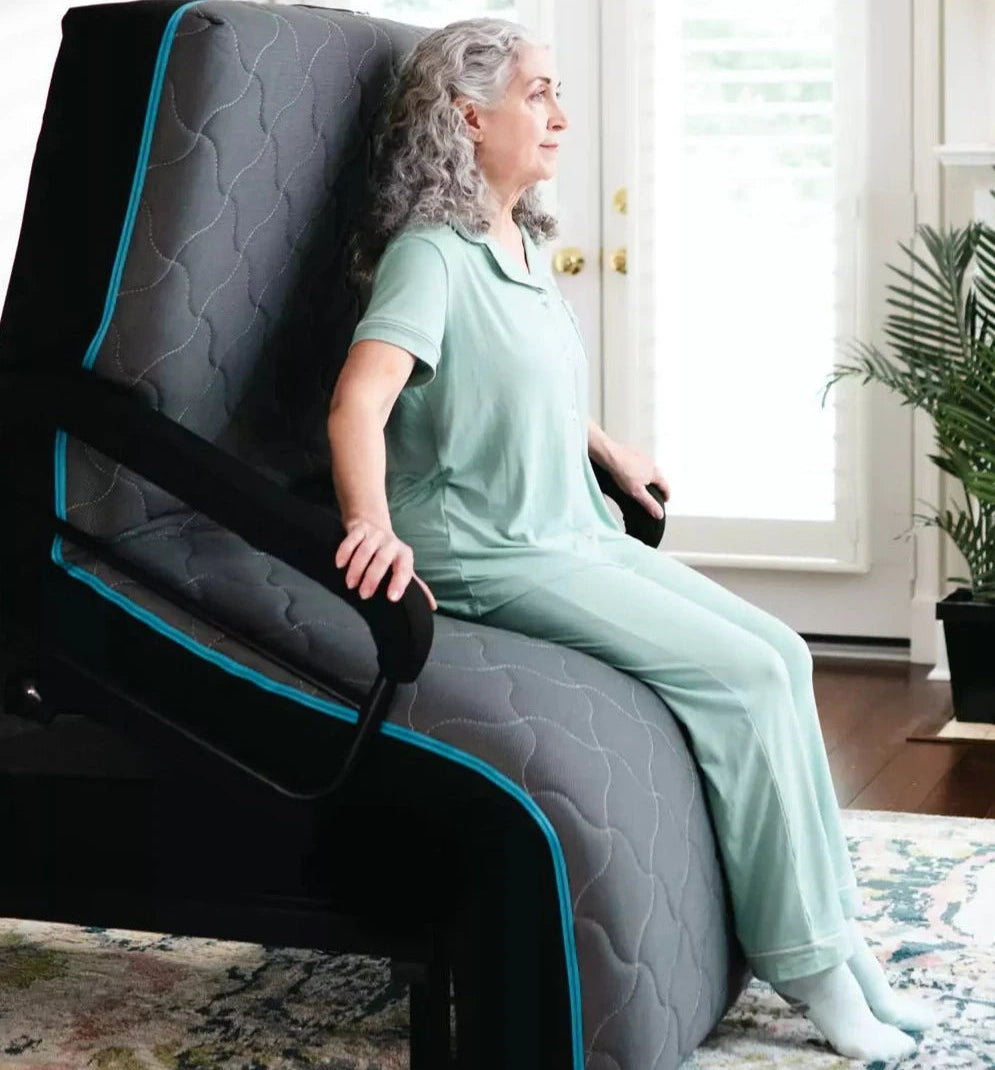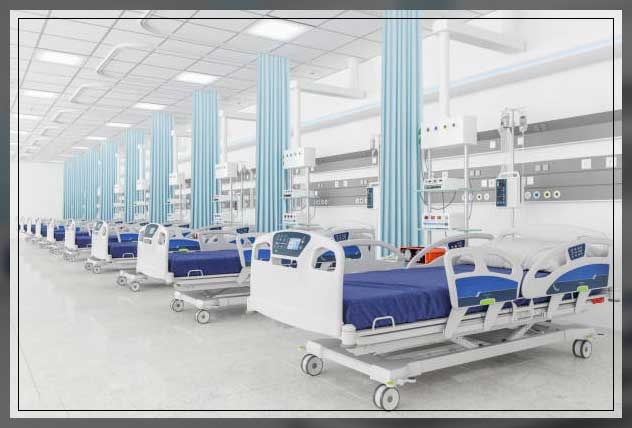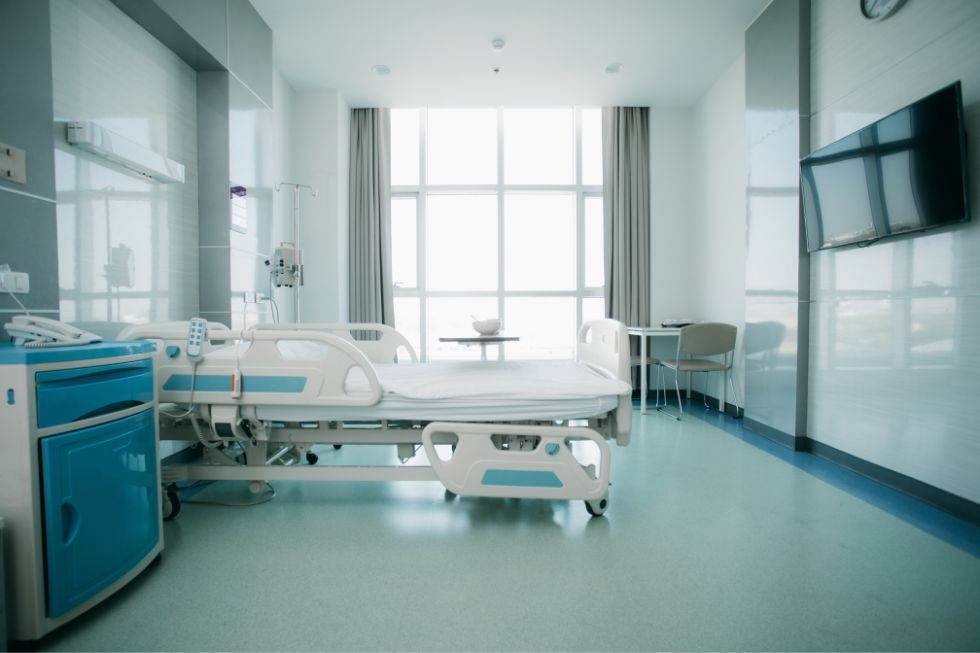Hospital Beds For Home Use for Dummies
Hospital Beds For Home Use for Dummies
Blog Article
Hospital Beds For Home Use Things To Know Before You Get This
Table of ContentsSome Known Factual Statements About Hospital Beds For Home Use Indicators on Hospital Beds For Home Use You Need To KnowThe Best Guide To Hospital Beds For Home UseTop Guidelines Of Hospital Beds For Home UseA Biased View of Hospital Beds For Home UseWhat Does Hospital Beds For Home Use Mean?Little Known Questions About Hospital Beds For Home Use.
There are 3 major kinds of health center beds: manual, semi-electric, and fully-electric. These beds utilize hand cranks to change the bed's elevation and increase and decrease the head and the foot.
Semi-electric beds have an electrical motor to raise and decrease the head and foot sections of the bed (hospital beds for home use). Full-electric beds have an electrical motor that can raise the head and foot sections of the bed as well as the whole elevation and positioning of the bed.
3 Easy Facts About Hospital Beds For Home Use Explained
Some versions can additionally move right into more settings, such as the Trendelenburg (tilt) setting. There are several kinds of healthcare facility beds, each developed to meet specific individual needs. Right here are some common kinds: This is the most usual sort of health center bed, developed for basic medical use. It has a manual or electrically flexible headrest, footrest, and elevation.
Reduced to the ground than a standard bed. This type of bed is developed for bigger individuals, with a bigger frame and higher weight ability than a common bed.
This sort of bed is designed for critically unwell clients that need open surveillance and specialized clinical tools such as ventilators and infusion pumps. This type of bed is created for usage throughout labor and distribution, with flexible positions and attributes to support the mother and baby during the birth procedure.
The Hospital Beds For Home Use Statements
Numerous feature and the devices perform increasing grip to different parts of the vertebra and the extremities without moving the body. These are simply a few examples of the types of healthcare facility beds offered. The specific kind of bed made use of will depend on the patient's problem, clinical requirements, and various other aspects.
Below is the point you need to recognize. A one-function healthcare facility bed is a medical bed that enables an individual to move just the head or foot section up or down. A 2 feature health center bed commonly refers to a kind of medical bed that has two flexible functions to aid patients in medical facilities or treatment facilities.

Examine This Report about Hospital Beds For Home Use
A 7-function ICU bed is a sort of clinical bed that gives several adjustable functions to support seriously sick people in an intensive care unit (ICU) (hospital beds for home use). The seven functions typically include: Backrest adjustment: The back-rest can be gotten used to various angles to help the client sit up or rest pleasantly
Elevation change: The bed can be elevated or decreased to make it less complicated for patients to enter and out of bed, and for caretakers to supply treatment. Trendelenburg position: The entire bed can be tilted to promote blood flow and circulation in the body. Reverse Trendelenburg position: The bed can also be tilted in the opposite instructions to advertise blood flow and circulation in the upper body.
While even more cost effective than electrical designs, these beds need physical effort for adjustments. The major advantages of manual beds are their price and dependability, as they don't count on electrical power. However, the demand for hands-on blog here initiative can be a restriction in situations where fast modifications are required or where caregivers face physical difficulties.
About Hospital Beds For Home Use
They are fit for clients that require very little rearranging for convenience or medical requirements. Semi-electric healthcare facility beds supply a balance of manual and electrical controls. The head and foot areas are usually readjusted with electrical controls, while the height is adjusted manually. These beds offer a perfect happy medium in between handbook and totally electric choices, using ease of use without the complete cost of electric versions.
Semi-electric beds are appropriate for individuals who need moderate adjustments to the head and foot sections but can take care of without constant elevation adjustments. This makes them a cost-effective remedy check my reference for those looking for comfort and comfort without the requirement for continuous repositioning. Fully electrical health center beds include electric controls for seamless adjustments to the elevation, head, and foot areas.
Specialty medical facility beds, such as ICU beds, long-term treatment beds, and bariatric beds, are meticulously created to attend to particular clinical requirements. These beds use tailored look after diverse patient teams, boosting both outcomes and convenience. In the complying with areas, we will check out the main types of specialty hospital beds, outlining their particular benefits and applications.
With years of experience in making electrical direct actuators - hospital beds for home use and close collaboration with the health care market, TiMOTION is well-positioned to offer trustworthy health care services. Our up and down incorporated business takes care of every step of the production process, from design to actuator setting up, guaranteeing we deliver remarkable worth and tailored options tailored to your details demands
Things about Hospital Beds For Home Use

To get more information about incorporating these innovations into your items, contact us today. Additional reading:.
Information is sourced from the Medicare Cost Report.

An Unbiased View of Hospital Beds For Home Use
A health center bed is a bed created particularly for clinical functions. It is not just an area for patients to rest, but also a system for clinical operations. Unlike normal home beds, health center beds generally have flexible functions, which can assist in clinical personnel to make various adjustments according to the demands of people, such as transforming the elevation, inclination, and support angle of the back and legs of the bed.
Report this page